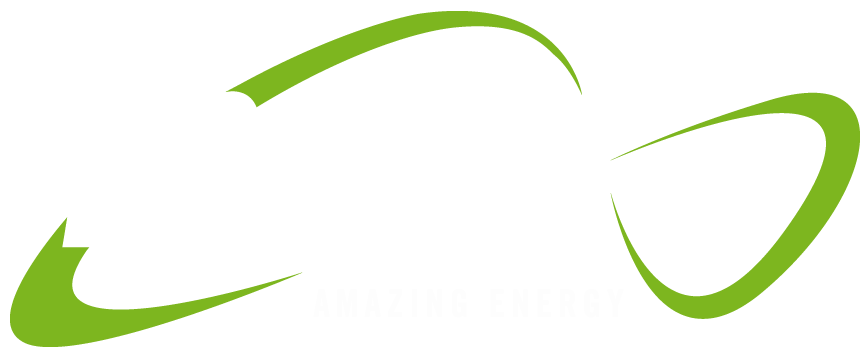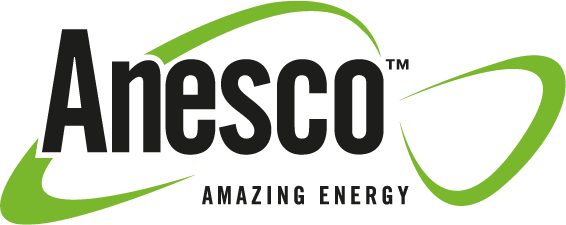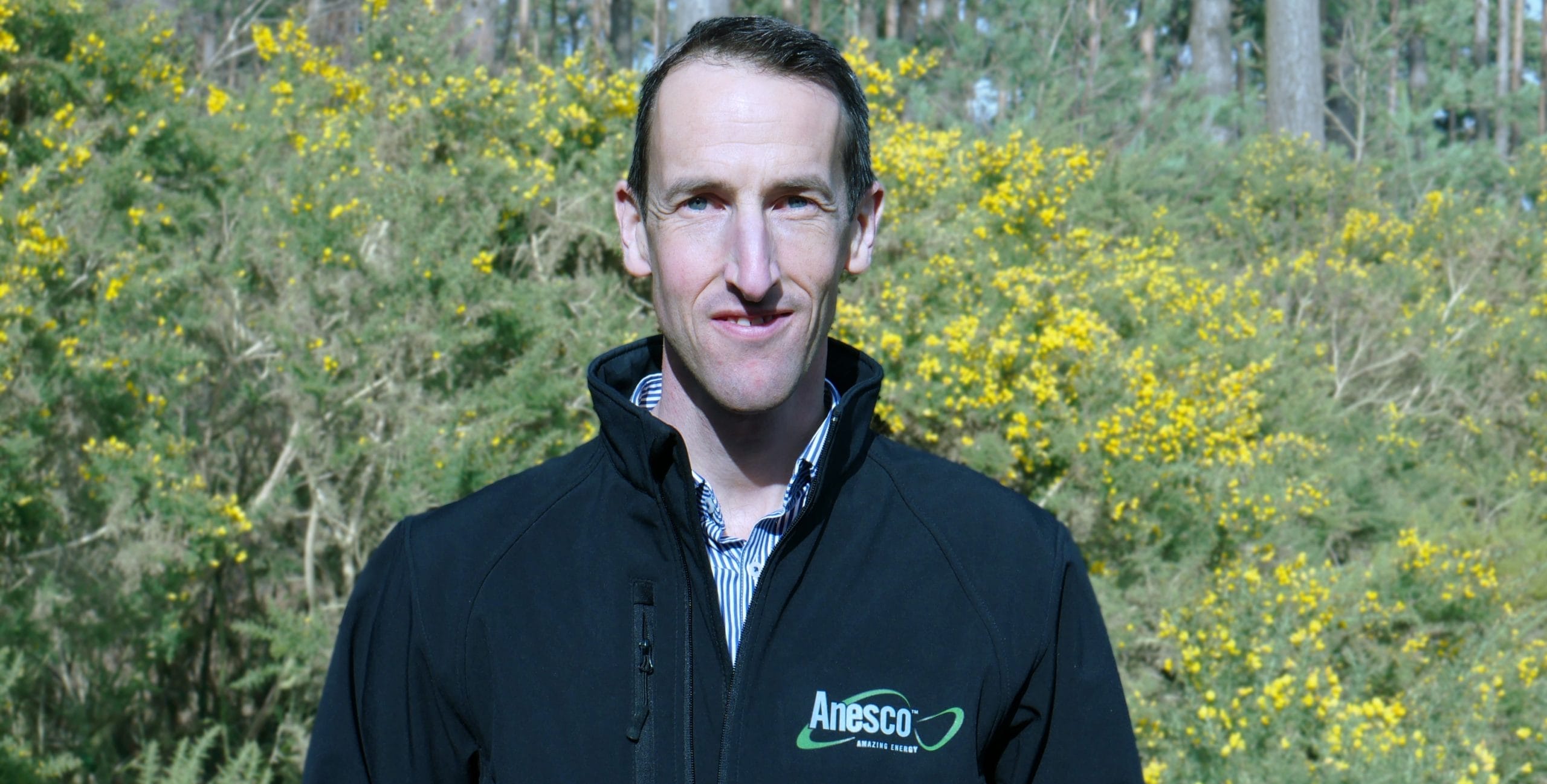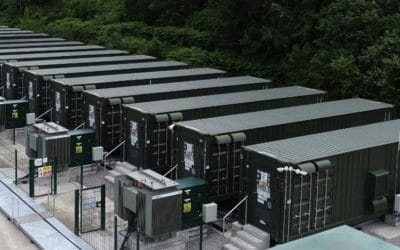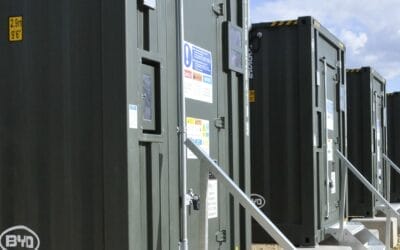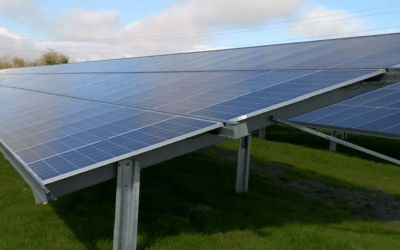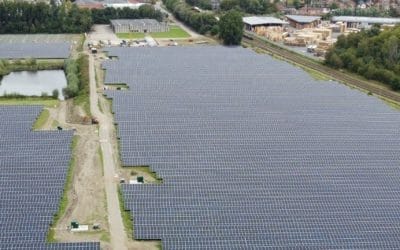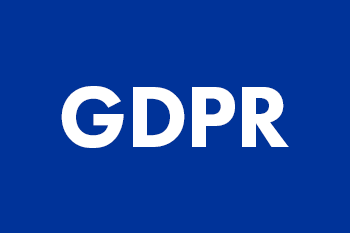The first 90 days are arguably the most important in the tenure of a CEO. Combine this with taking over just as the world is hit by a global pandemic – not only a threat to life, but the greatest threat the world economy has faced in a century – and the challenge is even more significant.
Mark Futyan, CEO at cleantech company Anesco, had been in position for just one month when the lockdown hit. But that hasn’t stopped him from pursuing an ambitious strategy for growth and using the crisis as a catalyst for positive change across every level of the organisation.
We caught up with Mark to find out more.
What key challenges did you face in your first 90 days?
Any new CEO coming in faces a steep learning curve and a full inbox but doing so in the context of a pandemic has certainly made for an exceptional set of circumstances.
My first priority on joining Anesco in February was to get to know the business. There is no better way to understand an organisation’s culture and core capabilities than to talk to the people. I made it my priority to meet as many of the company’s employees as possible, as well as many of our customers. I also reshaped the leadership team, taking out a tier of management to create a flatter structure and working with my new team and the board to define a new strategy, focused on our core strengths. We set an ambitious plan to double the size of the business within five years and began executing on that plan.
Then, 5 weeks in, COVID-19 happened and the UK went into lockdown.
Like many businesses across the globe, we had to adapt quickly and to forge a new ‘normal’ under which we could ensure business continuity. This involved enabling remote working for our office teams and rolling out new processes and equipment to ensure the safety of our field base teams. We also shifted our workload from residential rooftops solar and insulation to grid scale solar and storage where social distancing could be managed.
While our COVID-19 challenges are not unique, where I believe Anesco is different is that we haven’t just hunkered down to ride out the storm. We have maintained our ambition for positive change and believe we have a critical role to play in enabling the transition to a sustainable, low carbon future. A silver lining to the tragedy of the current crisis is that its unprecedented nature provides a catalyst for real change, as myths are busted and norms are challenged.
How has Anesco adapted during the pandemic?
As for many businesses, our key challenge has been to embrace technology to enable effective remote working. We were able to put the infrastructure in place to support remote working pretty quickly, but it took longer for our teams to fully utilise the collaboration tools on offer and to work out their new ways of working.
In my previous role at Centrica, I led an international business line and connected teams were the norm, but Anesco has had the luxury of most people working in a common location. I’m pleased to say though that the learning and change curve has been rapid and I am now receiving feedback from the majority of my team that they would like to maintain an element of home working even when we are able to return to the office.
We have had to work hard to make up for the loss in communication that happens naturally in a common space and the social interactions that add colour to our lives. In addition to regular communication about what’s happening in the business, our teams have created virtual social events, such as pub quizzes.
Managers have needed to learn how to get the best from their people, wherever they may be. This has called for a different skillset to match the new dynamic. They have needed to make the jump from managers to leaders, who empower team members to get on with the job in hand and inspire them to do so to the best of their ability.
It has taken time for some individuals to fully adjust to remote working but now they have we have actually found productivity has gone up. What we’re conscious of, however, is that meetings have become more transactional – which may be more efficient but isn’t as beneficial for relationship building. We are also aware that for many staff, regular social interaction with their colleagues is very important and remote working isn’t going to be a solution for them long term.
Which areas have been hit the hardest by the pandemic?
Some areas of the business have been impacted by the current restrictions more strongly than others. For example, our work with residential households.
23,000 rooftop solar assets are currently under the management of our O&M team. While we have been unable to access homes, we have redeployed our resources to help with the maintenance of our ground mount solar and energy storage sites. By getting ahead in these areas, we aim to free up capacity in the future, when restrictions will hopefully be further lifted.
The residential energy efficiency side of the business has also been impacted. The UK-wide network of third-party installers we work with needs to have access to homes to be able to carry out a majority of ECO scheme upgrades. As a result of the pandemic, workflow in this area has reduced and we have temporarily furloughed some staff to account for that.
Our construction teams faced particular challenges, particularly on our overseas projects in Holland. We faced restrictions on international travel and lack of local accommodation for our workers. Fortunately, we have been able to navigate these challenges, using local contractors, carrying out design work remotely and working closely with our customer, Shell, to ensure the safety of everyone on site.
Our generating assets, however, have been in strong demand, with solar irradiation being at an all time high (it’s been sunny!) and the low power demand creating a need for more active network balancing, which our battery assets are able to serve.
How effectively have you been able to drive change in a lockdown?
When I joined Anesco, I had a clear vision for where the growth opportunities within the market might lie and how best to reposition Anesco to capitalise on them. This has seen us refocus on the company’s core strengths – solar, storage and energy efficiency – and our ability to support the UK’s transition to a low carbon economy.
As well as redefining the market offering and restructuring the organisation to best position us to act on it, I also knew there was a lot of work to do in relation to company culture.
I had thought this may be more difficult to achieve while teams were away from the office and unable to meet face-to-face. In reality though, I’ve found that building relationships and driving engagement hasn’t been as much of a problem as I expected. In some ways, it has even worked better.
For example, it’s been easier to reach the whole team on an even keel – whether I am speaking to head office teams or field operatives – as we connect via the same channels.
We have already taken some major steps forward in this area. From holding virtual focus groups to draw up a new company mission and set of values, to introducing a range of operational changes that support a strongly, people-driven organisation, the transformation is already having an impact.
When we return to the office there will be many physical changes to the building and work areas, as well as a range of flexible working options on offer that better recognise the needs of a modern workforce. This is just the beginning though and we now need to live and breathe our ambitions in this area and to work hard to maintain the high levels of engagement we currently enjoy.
What are you most proud of?
I may only have been in post for five months and there may have been a pandemic to contend with, but I’m very proud of what we have achieved in this time:
• Ground has been broken on our first renewable projects outside of the UK – two solar farms in the Netherlands for Shell
• Our pipeline of future work has grown by 50% and now stands at nearly 2GW
• Our O&M team is now looking after assets with a combined capacity of more than 1GW and turned over £1million last month for the first time
• We’ve launched a new 3rd party optimisation service that will enable us to provide a full suite of services to our customers
And finally, what next?
Now we need to build on these foundations.
Plans are currently being explored for how best to facilitate a safe return to the office. We are also looking ahead and to other mechanisms and activities we might introduce to ensure we continue to keep people at the heart of Anesco.
On the development front, we have some exciting projects in the pipeline and I can’t wait to see what we achieve together in the coming months.
Connect with Mark Futyan on LinkedIn
https://www.linkedin.com/in/mark-futyan/
